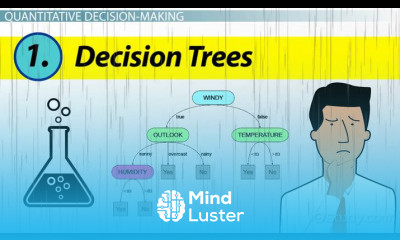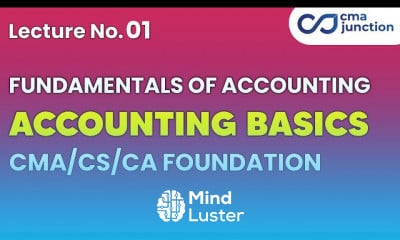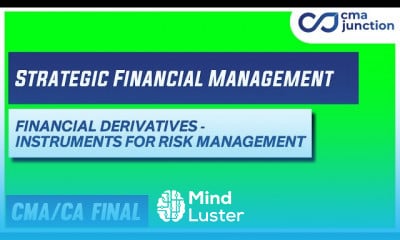Contingency and Situational Leadership
Share your inquiries now with community members
Click Here
Sign up Now
Lessons List | 15
Lesson
Comments
Related Courses in Business
Course Description
What Is Leadership?
Leadership captures the essentials of being able and prepared to inspire others. Effective leadership is based upon ideas—both original and borrowed—that are effectively communicated to others in a way that engages them enough to act as the leader wants them to act.
A leader inspires others to act while simultaneously directing the way that they act. They must be personable enough for others to follow their orders, and they must have the critical thinking skills to know the best way to use the resources at an organization's disposal.
Alternate definition: Leadership may also refer to an organization's management structure.
How Does Leadership Work?
In business, leadership is linked to performance, and any leadership definition has to take that into account. Therefore, while leadership isn't intrinsically linked to profit, those who are viewed as effective leaders in corporate contexts are the ones who increase their company's bottom line.
Another difference between leaders and managers is that leaders emphasize innovation above all else. Whereas a manager seeks to inspire their team to meet goals while following company rules, a leader may be more concerned with setting and achieving lofty goals—even at the expense of existing corporate structures. When a worker has a radical new idea for how to tackle an issue, a leader is likely to encourage that person to pursue the idea.
Managers may be more likely to preserve existing structures because they themselves operate within that structure. They may have bosses above them, so they have less freedom to break rules in the pursuit of lofty goals. Leaders, on the other hand, often operate fairly independently. That allows them to tolerate a greater amount of chaos, so long as they believe it will be worth it in the end.
However, the leader's devotion to innovation can sometimes come at a cost. Chaos and high-pressure work environments can create interpersonal issues. When such issues arise, a manager is more likely to see it as their duty to smooth over problems between employees. Leaders can sometimes be so singularly focused on achieving lofty goals that they let interpersonal issues and employee welfare fall to the wayside.
Leadership is the art of motivating a group of people to act toward achieving a common objective.
Organizations refer to upper-level personnel in their management structures as leadership.
To be an effective leader in business, you must possess traits that extend beyond management duties.
Leadership skills can be learned and leaders may evolve.
A person may be referred to interchangeably as both a "leader" and a "manager," though the two terms are not necessarily synonymous.
Trends
Graphic design tools for beginners
Android Studio for Beginners
Photoshop Color Swatch essentials
French
Human Resources Management
Artificial intelligence essentials
Bioinformatics basics
Electrical engineering for engineer
Build a profitable trading
Corporate Social Responsibility
English vocabulary verbs
YouTube channel setup
Excel skills for math and science
Essential english phrasal verbs
Java Programming Language
American english speaking practice
Cyber Security for Beginners | Edureka
Certified in CyberSecurity
Formation efficace à l écoute de l
Python for beginners
Recent
Bioinformatics basics
Bioinformatics databases
Vitamin A to Z tablets
Best zoology books
Best cream for piles pain
Laser surgery for piles
Best cream for piles
Anal fissure treatment
Best antibiotics for diseases
Antibodies structure
Macrophage structure
Drosophila genetics
Diagnostic tests
Bioinformatics
Genetics
Gene therapy
Kidney structure
DNA replication and types
Bacterial cell structure
Parasite structure


















